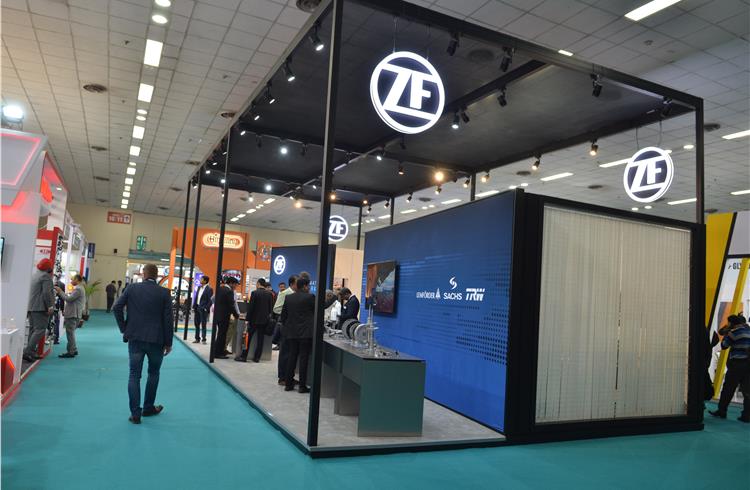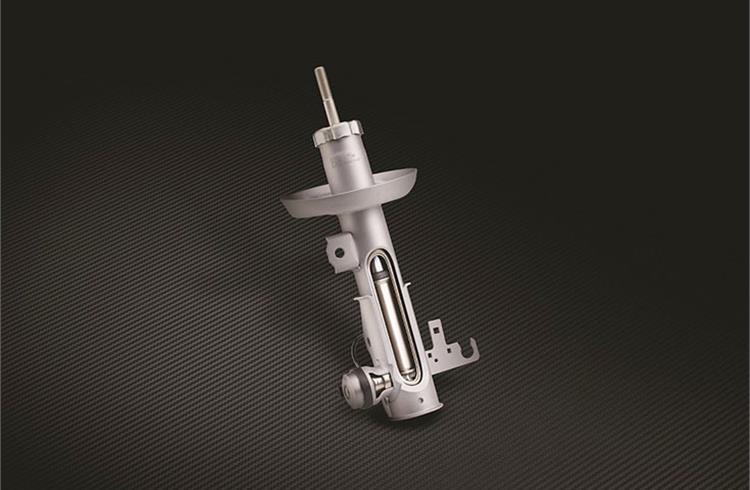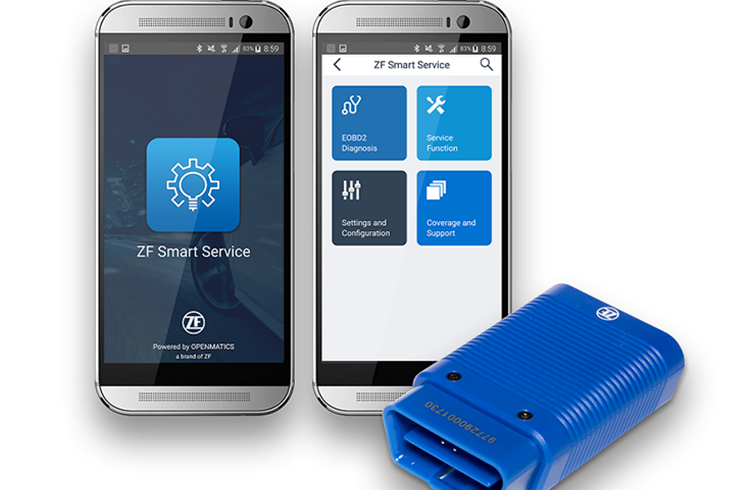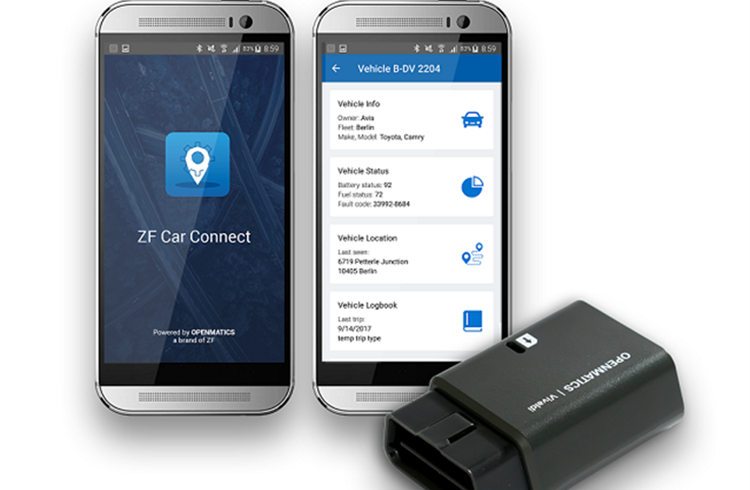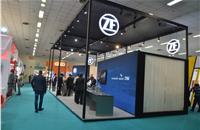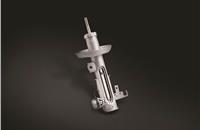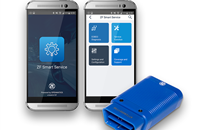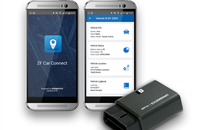ZF Aftermarket sets the pace for tomorrow’s mobility
With tailor-made solutions for the aftersales market and with its established product brands ZF, Lemförder, Sachs and TRW, ZF Aftermarket is well-positioned.
The transformation of the automotive aftermarket is in full swing: alternative drive concepts, digitalization, connected cars and autonomous driving in addition to changing customer expectations are just some of the huge challenges faced by industry.
ZF says that to ensure that vehicles move efficiently, safely, dynamically and reliably, its products are the first choice in driveline, chassis and safety systems — for passenger cars, trucks, buses and motorcycles. ZF's Aftermarket Division is heavily involved in developing tomorrow's mobility and derives the appropriate agenda for the future of the aftermarket.
Benefiting from digitalization
Vijay Khorgade, Head of the ZF Aftermarket India, explains how the opportunities offered by digitalization can be realized: "On one hand, it requires a readiness to question familiar business models, identify the potential of vehicle and user data, derive attractive business opportunities and implement them. On the other hand, market participants have to align even more strongly with customer expectations by offering more individualized mobility services. Here, comprehensive understanding of the systems and technical know-how remains the most important foundation."
With tailor-made solutions for the aftersales market and with its established product brands ZF, Lemförder, Sachs and TRW, ZF Aftermarket is well-positioned. At last week's ACMA Automechanika New Delhi, a particular product highlight was the fleet management tool ZF Car Connect as well as the Sachs CDC shock absorbers for high-end European passenger cars which will be introduced in India for the first time.
"Worldwide, we will see an increase in electrically powered vehicles and transportation systems that are highly automated or even driving autonomously, especially in urban environments. By 2030, ZF expects around 30 percent of global automotive production to be focussed on all-electric or hybrid electric vehicles," emphasizes Vijay Khorgade. "For the Indian automotive aftermarket, a study conducted by ACMA highlights vehicle telematics among other things as a key trend. Therefore, data-based services will be major sales generators in the future. The networked workshop of the future knows the status of its customers' vehicles and recommends preventive maintenance or repair to the owner based on current vehicle data. In India, the evolving taxi market and taxi fleet operators will benefit from the telematics solution as mixed fleets can be managed and maintained more efficiently.”
Intelligent networking of fleets and workshops
Smart networking of individual systems via telematics is a key element in the rapid process of digitalization. Particularly when it comes to steering fleets, ZF's connectivity solution Car Connect has tangible benefits, as it is based on a smart and open connectivity platform and works independently from vehicle manufacturers. An OBD dongle collects and transfers the data: This telematics and diagnostic unit reads 74 specific signals straight from the vehicle's OBD interface, among them fuel level, braking response and error messages. In addition, the dongles transfer GPS data and the sudden onset of changes in velocity. As ZF Car Connect not only registers but also interprets this data, the platform significantly contributes to driving safety and the optimal steering of fleets.
Expansion of product portfolio in India
In 2019, ZF Aftermarket continues to focus on the Indian market by increasing its coverage for the Indian passenger car segment. At ACMA Automechanika, the company has introduced CDC shock absorbers under the Sachs brand for high-end European passenger cars in the Indian market for the first time.
Sachs CDC (Continuous Damping Control) dampers for cars allow for efficient damping optimization for each wheel within split seconds due to an electronically controlled proportional damping valve. Sensors monitor all influences, from the road condition and payload to the driver's actions. A control unit then exactly regulates the damping force.
This electronic damper control enables maximum stability even in critical situations. The driver benefits from short stopping distances, faster steering responsiveness and more control when changing lanes.
RELATED ARTICLES
Bosch hydrogen engine tech-powered truck to be on Indian roads this year
The global supplier of technology and services is betting big on both electromobility and hydrogen. While announcing the...
IIT Bombay inaugurates Arun Firodia Research Floor
IIT Bombay, one of India’s top technical and research institutions, honours Kinetic Group chairman Dr Arun Firodia, one ...
Maruti Suzuki expands capacity at Manesar plant by additional 100,000 units
New assembly line at Plant A expands total manufacturing capacity at the Manesar plants to 900,000 units per annum. Alon...





 By Autocar Pro News Desk
By Autocar Pro News Desk
 18 Feb 2019
18 Feb 2019
 10860 Views
10860 Views



